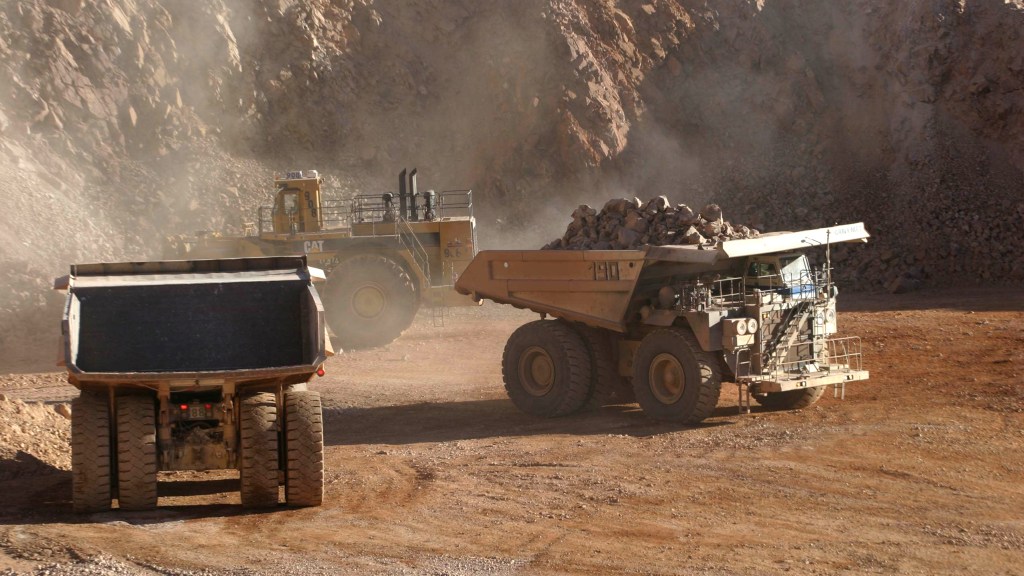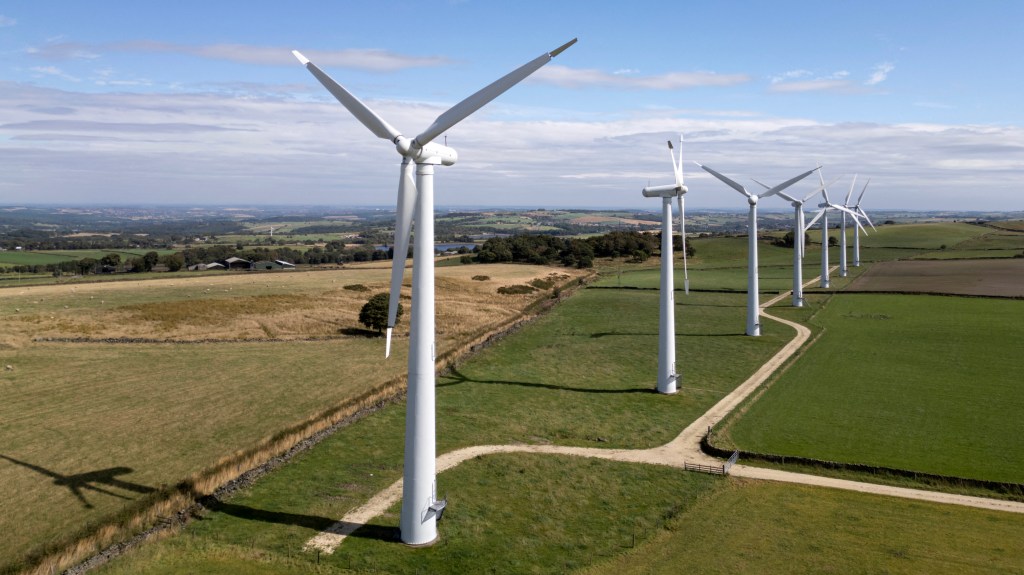BHP Signals Commodity Demand Volatility Amid China’s Economic Slowdown
BHP, the world’s largest mining company, has cautioned that elevated interest rates and an “uneven” recovery in China’s economic landscape would lead to global fluctuations in commodity demand.
In its recent full-year earnings report, BHP noted that it, along with other major miners, is facing significant pressure from declining iron ore prices, primarily due to a slowdown in growth in China, significantly influenced by troubles in the property sector.
According to Mike Henry, BHP’s chief executive, efforts by the Chinese government to rejuvenate the property market may not boost steel demand until next year.
Henry pointed out that approximately 170 million tonnes of higher-cost iron ore supply is currently in the market, with production costs ranging from $80 to $100 per tonne.
He explained, “This presents a substantial cushion for addressing supply and demand mismatches. As prices decrease, we can expect some of that more expensive supply to exit the market, helping to restore balance and leading to price recoveries.”
BHP’s cost to produce iron ore stands “well below” $90 per tonne, which is advantageous for maintaining its profit margins amidst declining prices. The average realized iron ore price fell to $91.31 in the June quarter, marking a 14 percent decrease compared to the previous quarter.
Henry indicated that China’s yearly steel production has likely reached a peak of just over 1 billion tonnes, although there will still be growing iron ore demand from regions like West Africa.
For the fiscal year ending in June, BHP reported a 39 percent drop in profit attributable to shareholders, totaling $7.9 billion. This decline was primarily caused by a $2.7 billion writedown related to its suspended nickel operations in Western Australia and increased supply from Indonesia affecting the market.
Revenue rose 3 percent to $55.7 billion, supported by improved average prices for copper and iron during the year.
This report represents BHP’s first update since its recent £39 billion bid for Anglo American was called off in May.
The failed acquisition, which would have made BHP the top copper producer globally, highlighted the competitive demand for copper as a key resource in the energy transition.
Henry stated that shareholders have not pressured the company to seek new acquisitions following the unsuccessful takeover attempt, emphasizing that the primary focus remains on optimizing returns from existing copper operations.
He remarked, “Shareholders have endorsed this strategy, understanding our commitment to disciplined decision-making regarding the Anglo proposal.”
BHP’s copper production increased by 9 percent to 1.87 million tonnes over the past year, and the company anticipates a further 4 percent rise this year, supported by higher-grade mining at its Escondida site in Chile.
The company declared a dividend of 146 cents per share for the full year, down from 170 cents the previous year, reflecting a reduced payout ratio relative to underlying earnings.
On Tuesday morning, shares of the London-listed company increased by 25p, or 1.2 percent, reaching £21.05.




Post Comment